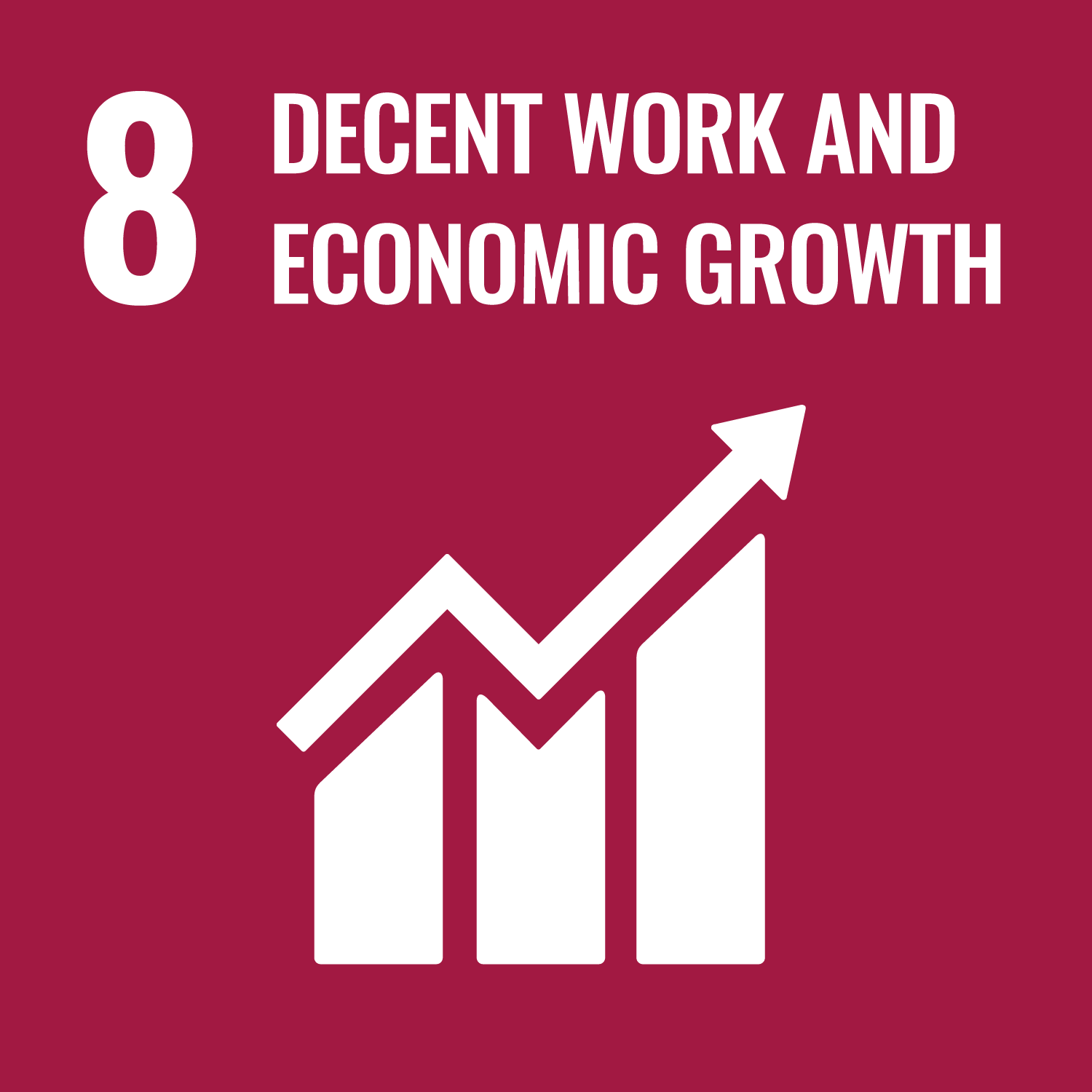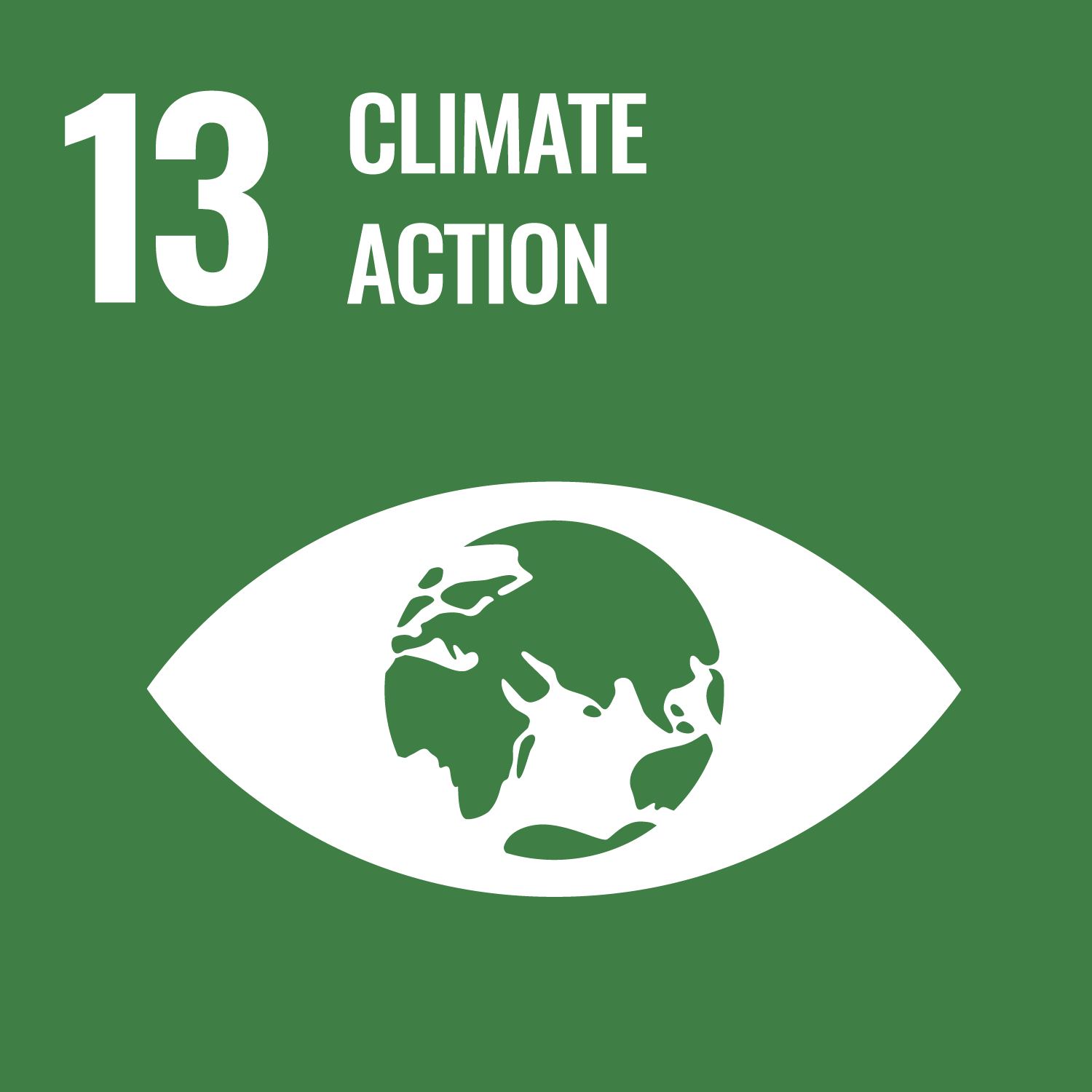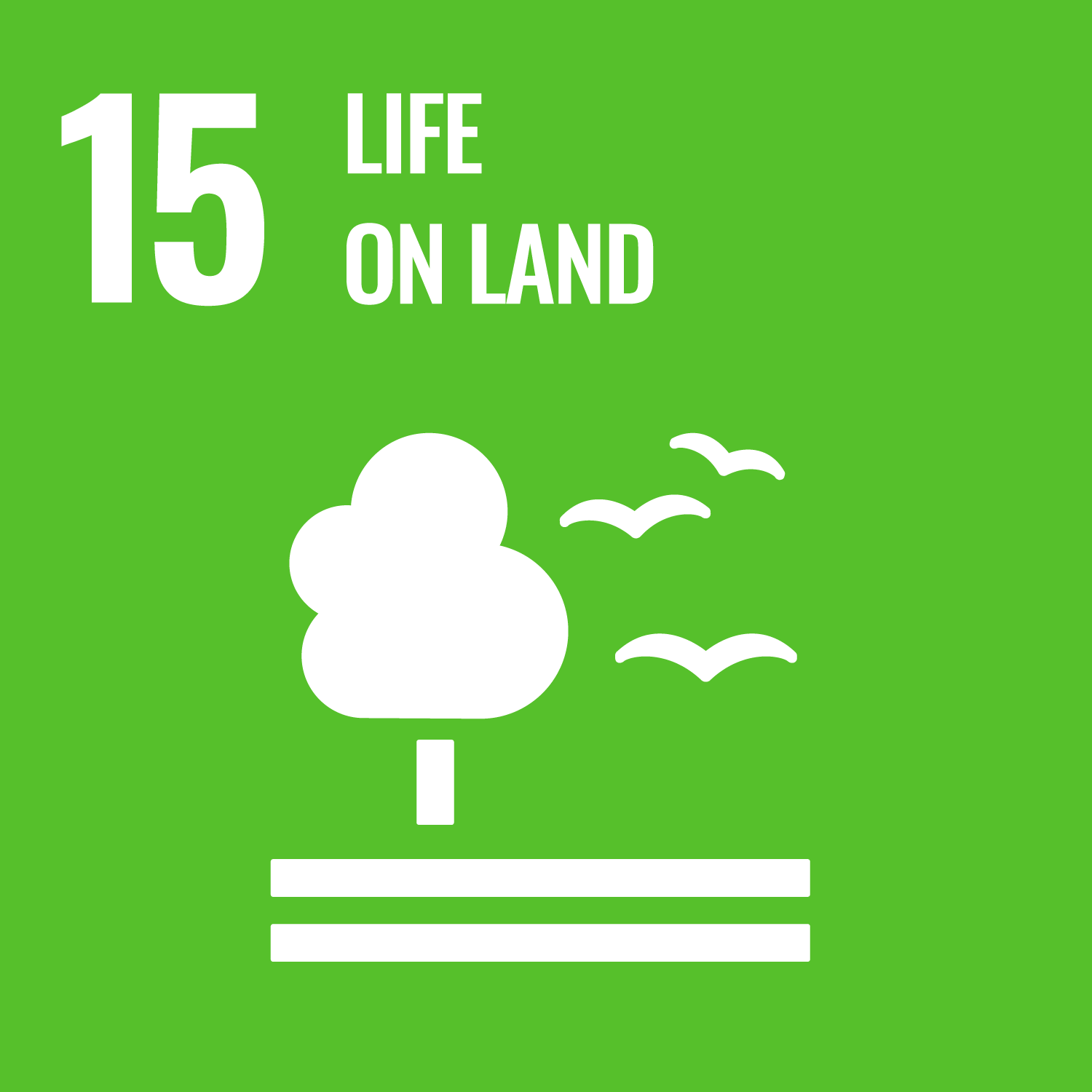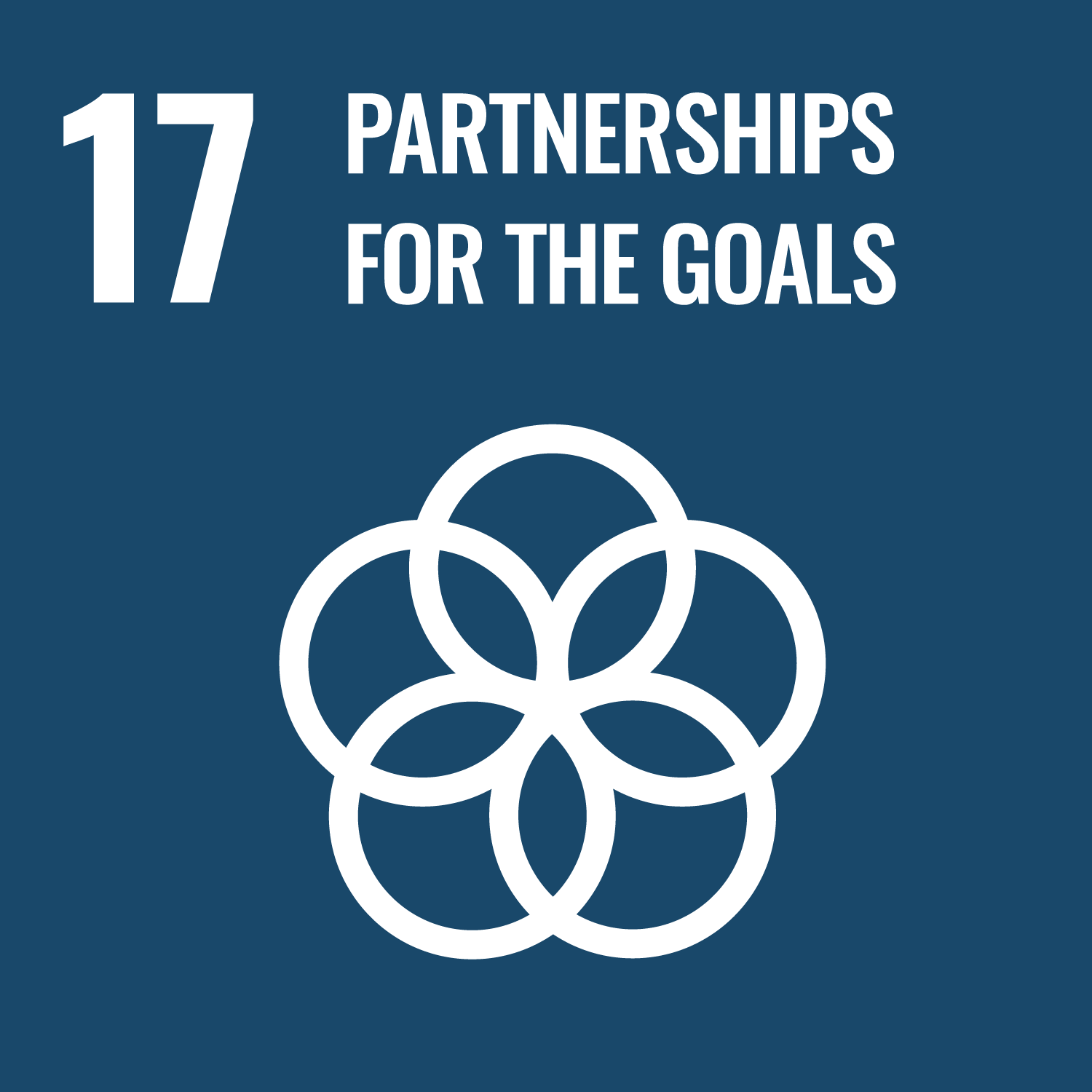An assessment of the ecosystem services of marine zooplankton and the key threats to their provision
ORCID
- Richard C. Thompson: 0000-0003-2262-6621
Abstract
Zooplankton are a key group of organisms at the base of the marine food web and are fundamental to providing a broad range of societal and economic benefits which have previously remained poorly defined. This research addresses this knowledge gap through the provision of a first full assessment of zooplankton ecosystem services and disservices. Anthropogenic stressors such as microplastic pollution, climate change, and fisheries, could negatively affect the marine ecosystem services provided to humans and therefore have a negative impact on human well-being through reduction in food security, livelihoods, income, and good health. Deploying a mixed methodology approach including a semi-systematic literature review and ecological impact assessment, we provide novel evidence of the effects of microplastic pollution (high and low concentrations), fisheries, and climate change on the ecosystem services of three important zooplankton groups (copepods, jellyfish, and krill). We show that the majority of impacts on ecosystem services are negative, with the exception of climate change on jellyfish ecosystem services. Climate change and high microplastic concentration are evidenced to have the most substantial negative impacts on copepods and krill, with accompanying implications for the ecosystem services of climate regulation, water conditions, other materials, science, and entertainment. High microplastic concentration also depressed ecosystem service provision for jellyfish, impacting the services of genetic materials, climate regulation, water conditions, education, and entertainment. Fisheries are also evidenced to have negative impacts on all three zooplankton groups. In the case of jellyfish, climate change is evidenced to have a positive impact on the group’s ecosystem service provision in every category except experiential experiences, which is inversely related to increasing population, owing to their negative perception due to sting injuries. The evidence presented in this study shows that by maintaining sustainable fisheries, reducing plastic pollution, and minimising climate change, we will be actively investing in the current and future provision of marine ecosystem services and the human well-being benefits that they provide.
DOI Link
Publication Date
2023-01-01
Publication Title
Ecosystem Services
Volume
63
ISSN
2212-0416
Acceptance Date
2023-07-05
Deposit Date
2023-11-24
Embargo Period
2023-11-25
Recommended Citation
Botterell, Z., Lindeque, P., Thompson, R., & Beaumont, N. (2023) 'An assessment of the ecosystem services of marine zooplankton and the key threats to their provision', Ecosystem Services, 63. Available at: 10.1016/j.ecoser.2023.101542








